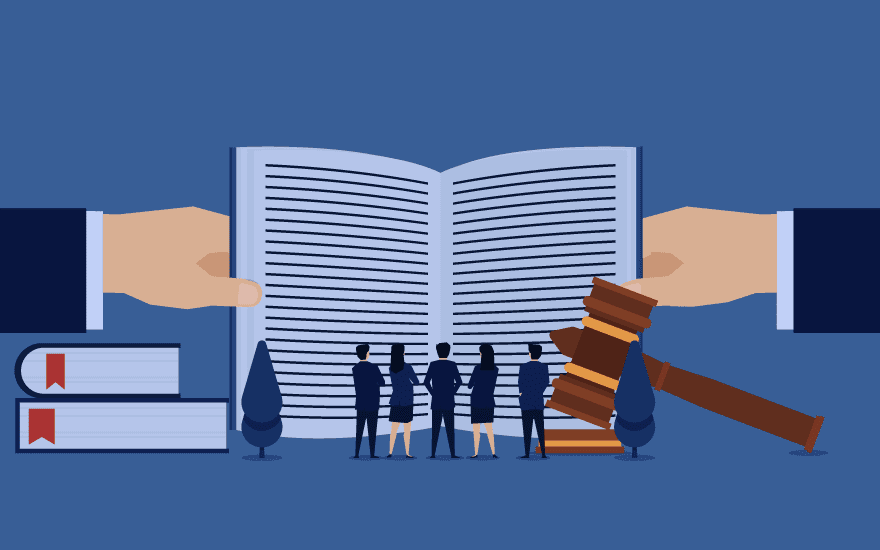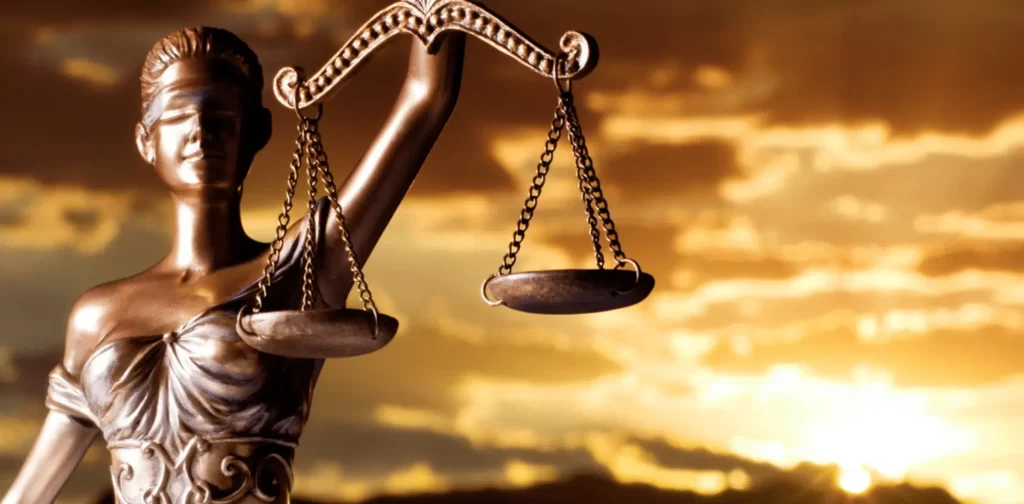
Understanding Criminal Law: Key Aspects of Your Legal Defense Strategy
Criminal law can be a complex and intimidating area to navigate, especially when you are faced with legal charges. Whether you’re accused of a minor infraction or a serious criminal offense, understanding the key elements of your legal defense strategy is crucial. A well-thought-out defense can significantly impact the outcome of your case. Knowing the ins and outs of criminal law not only empowers you but also helps ensure that your rights are fully protected during legal proceedings.
Types of Criminal Defense Strategies
There are several common defense strategies in criminal law that can be employed depending on the case. A popular approach is to challenge the prosecution’s evidence. By questioning the reliability or relevance of the evidence presented, your legal team can raise doubts about your guilt. Another defense strategy is to argue that you were acting in self-defense. If you can prove that your actions were necessary to protect yourself or others, this can serve as a valid defense. Additionally, asserting an alibi or that you were wrongly identified can be effective in some cases.
The Role of Evidence in Your Defense

The evidence presented in a criminal case plays a pivotal role in determining the verdict. Your defense attorney will carefully analyze all available evidence, such as physical evidence, witness testimony, and forensic reports. Challenging the credibility and legality of evidence is an essential part of building your defense. If evidence was improperly obtained, your attorney can argue for its exclusion from the trial. Moreover, presenting contradictory evidence or expert witnesses who can dispute the prosecution’s claims can further strengthen your defense.
Understanding Your Rights During Criminal Proceedings
From the moment you are arrested, it is essential to understand your legal rights. These rights include the right to remain silent, the right to legal representation, and the right to a fair trial. Any violation of your rights during the investigation or trial process can result in the dismissal of charges or a favorable verdict. Your defense attorney will ensure that your rights are upheld throughout the proceedings. They will also advise you on the best course of action to avoid making self-incriminating statements that could hurt your case.
Understanding criminal law and having a solid defense strategy are essential when facing charges. By knowing your options, working closely with an experienced attorney, and leveraging available evidence, you can ensure that your rights are protected and maximize the chances of a positive outcome.

